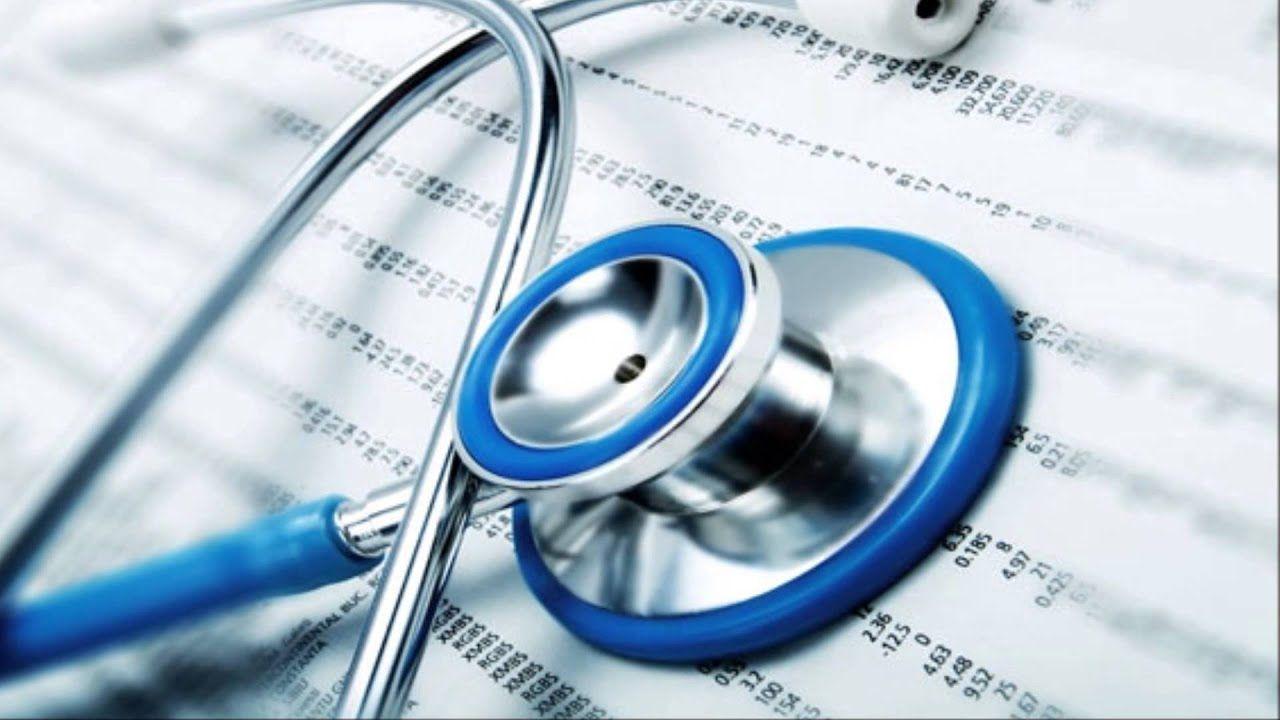Trends Shaping the Future of Medical Science Liaison Work
Trends Shaping the Future of Medical Science Liaison Work
Blog Article

The role of a Medical Science Liaison has evolved significantly over the years, adapting to the rapid advancements in medical research and changes in the healthcare landscape. As a bridge between pharmaceutical companies and the medical community, Medical Science Liaisons are essential in facilitating communication, sharing scientific knowledge, and addressing the needs of healthcare professionals. With the increasing complexity of therapies and the emphasis on patient-centered care, the demand for MSLs who can provide deep insights and foster relationships with key opinion leaders is more critical than ever.
As we look to the future, several key trends are shaping the way Medical Science Liaisons operate. These trends not only influence their daily tasks but also redefine the skill sets required for success in this dynamic role. From the integration of digital tools to a growing emphasis on real-world evidence, MSLs are poised to play a pivotal role in the intersection of science and patient care. Understanding these emerging trends will be crucial for professionals in the field as they navigate the landscape of medical communications and strive to make a meaningful impact on patient outcomes and healthcare innovation.
Evolving Role of Medical Science Liaisons
The role of Medical Science Liaisons has undergone significant transformation in recent years. Traditionally viewed as a bridge between pharmaceutical companies and healthcare professionals, MSLs are now expected to engage on a deeper level. This evolution incorporates scientific collaboration, where MSLs not only provide information but also contribute to research initiatives and clinical trials. Their enhanced role emphasizes a two-way communication model, fostering ongoing partnerships that are essential for scientific advancement.
Request A Demo
As medical technology and knowledge continue to expand, the skills required for MSLs are also evolving. MSLs are increasingly expected to have a strong grasp of digital tools and data analytics. This proficiency enables them to analyze scientific information and medical data effectively, allowing them to address healthcare professionals' inquiries with greater accuracy and relevance. This shift has necessitated continuous training and education, ensuring that MSLs remain at the forefront of the ever-changing medical landscape.
Moreover, the changing healthcare environment, driven by value-based care and personalized medicine, places MSLs in a pivotal position. They are tasked with understanding not just the science behind a product, but also its practical application in real-world settings. This includes understanding patient experiences and outcomes, which enhances their ability to support healthcare providers in making informed decisions. As the role evolves, MSLs are becoming integral to the overall healthcare ecosystem, advocating for innovation while ensuring that scientific integrity remains paramount.
Emerging Technologies Impacting MSL Work
The advent of advanced data analytics is revolutionizing how Medical Science Liaisons operate. With access to large volumes of research data and real-world evidence, MSLs can leverage analytics to derive insights into treatment patterns and patient responses. This capability allows them to engage more effectively with healthcare professionals, presenting tailored information that is relevant to specific therapeutic needs. As analytics tools become more sophisticated, MSLs can provide actionable insights that enhance their role in the medical community.
Artificial intelligence is also reshaping the responsibilities of MSLs. By automating routine tasks such as data collection and initial literature review, AI frees MSLs to focus on relationship building with key opinion leaders and healthcare providers. Furthermore, AI-driven chatbots and virtual assistants can facilitate timely communication and information dissemination, ensuring that MSLs remain accessible to their stakeholders. This change not only improves efficiency but also enhances the quality of interactions that MSLs can maintain.
Telemedicine and digital communication platforms are becoming essential tools for MSLs in a world increasingly reliant on remote interactions. With healthcare moving towards hybrid models of patient care, MSLs must adapt by utilizing these technologies to reach and engage with clinicians. Virtual meetings and webinars enable MSLs to disseminate educational content effectively, while online forums foster ongoing discussions about new treatments and studies. Embracing these digital platforms allows MSLs to maintain their influence and support healthcare professionals, regardless of geographical constraints.
Future Skills for Success in MSL Careers
As the role of Medical Science Liaisons evolves, possessing a strong foundation in scientific knowledge will remain crucial. MSLs must be able to engage effectively with healthcare professionals by demonstrating an up-to-date understanding of complex medical information, emerging therapies, and clinical research. This requires not only a solid educational background but also continuous learning to keep pace with advancements in the medical field. MSLs should prioritize developing expertise in their therapeutic areas while being adaptable to shifting scientific landscapes.
In addition to scientific acumen, communication skills are becoming increasingly paramount for MSLs. The ability to convey complex data in a clear and relatable manner is essential for fostering relationships with key opinion leaders and healthcare practitioners. Effective listening skills are also vital, as MSLs need to understand the needs and concerns of their audience to tailor their messages accordingly. Building trust and credibility hinges on these interpersonal capabilities, allowing MSLs to have meaningful conversations and collaborations.
Finally, digital literacy is an emerging necessity for MSLs in adapting to a rapidly changing healthcare environment. Proficiency in utilizing digital tools for data analysis, virtual meetings, and remote communication will be essential in enhancing engagement with stakeholders. Embracing technology not only streamlines processes but also allows MSLs to reach broader audiences and stay connected in a hybrid world. As the landscape of medical communication continues to transform, MSLs should cultivate these digital skills to remain relevant and effective in their roles.
Report this page